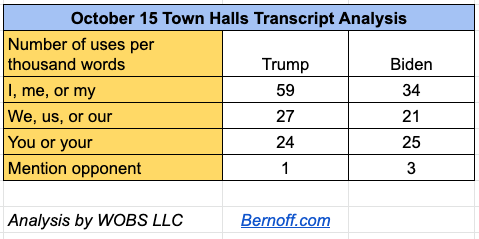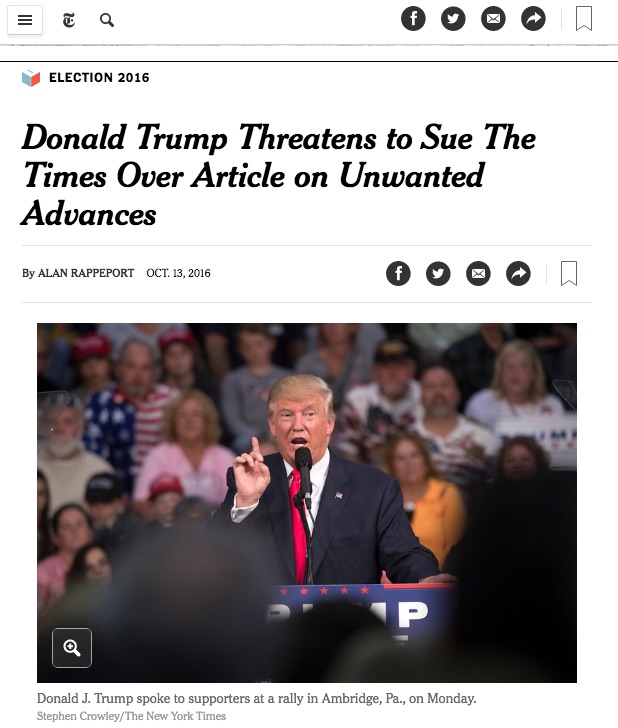What authors can learn from a new study on “you” vs. “we” pronouns
In the Journal of Experimental Social Psychology, Stanford University researchers Mohamed A. Hussein and Zakary L. Tormala published a paper titled “You versus we: How pronoun use shapes perceptions of receptiveness.” Thinkers and authors including Daniel Pink and Tamsen Webster have cited the study as justification for using “we” in persuasive contexts. Is this research…





